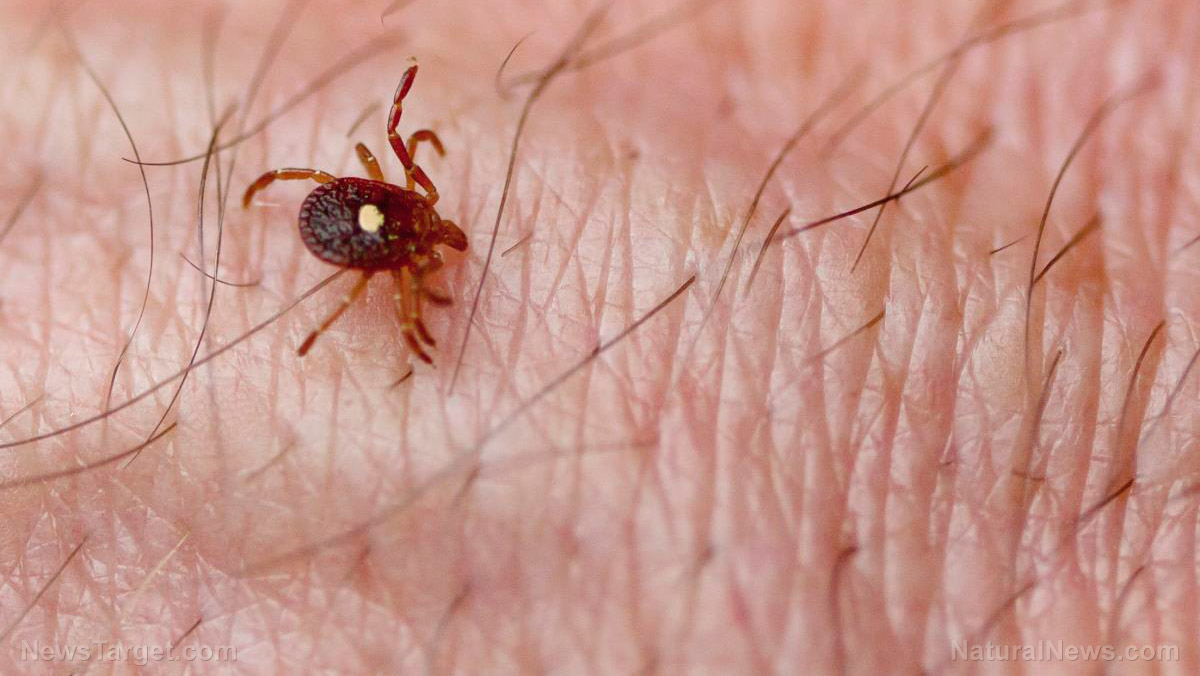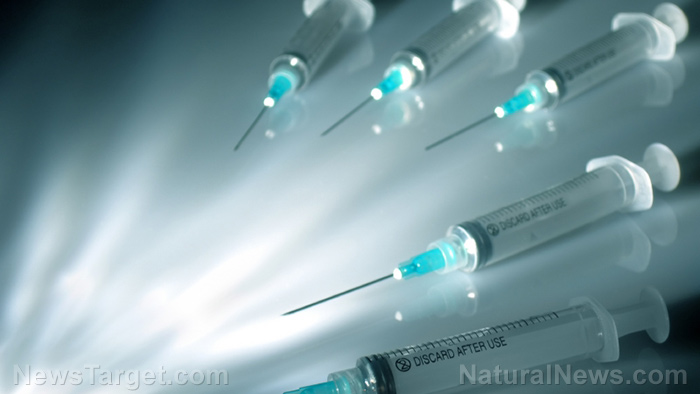Researchers: Vitamin D deficiency may lead to severe COVID-19 complications, death
05/29/2020 / By Michael Alexander

Those who are deficient in vitamin D may be more prone to developing severe COVID-19 symptoms, according to a new research paper.
The statistical analysis, conducted by a team of researchers from Northwestern University and published in preprint format on the MedXRiv site, covered Wuhan coronavirus cases in multiple countries, including China, Iran, Germany, Italy, the United Kingdom and the United States.
The research team, led by Vadim Backman of Northwestern’s McCormick School of Engineering, looked at publicly available data regarding the admission, recovery and mortality rates for patients with COVID-19 at hospitals and clinics in the mentioned countries, as well as their possible links to levels of vitamin D.
However, as the researchers did not have any data on the patients’ vitamin D levels, they took into account the already established link between vitamin D and levels of C-Reactive Protein (CRP), as well as the link between CRP and severe COVID-19, in order to estimate how levels of vitamin D could potentially affect the severity of the disease.
CRP, according to medical experts, often increases whenever an inflammation appears in the body.
One of the findings of the Northwestern University researchers indicated that patients from countries with high COVID-19 mortality rates, such as Italy, Spain and the U.K., often exhibited lower levels of vitamin D than patients from other countries that were not as severely affected.
In addition, patients who manifested severe vitamin D deficiency had a 17.3 percent risk of developing severe COVID-19 symptoms, compared to patients with normal vitamin D levels who only had a 14.6 percent risk.
Upon further analysis, the researchers also found a strong correlation between vitamin D deficiency and cytokine storms, a potentially fatal type of complication that usually arises when the immune system goes into overdrive.
“Cytokine storms can severely damage the lungs and lead to acute respiratory distress syndrome and death in patients,” said Ali Daneshkhah, a postdoctoral research associate at Northwestern University, noting that the majority of COVID-19 fatalities are actually caused by cytokine storms.
This is where vitamin D plays a major role, Backman stated, noting in a press release that aside from helping enhance the immune system, vitamin D also prevents it from going into overdrive, thus helping to protect one from developing cytokine storms and other severe complications that may arise from COVID-19, such as unregulated inflammations. (Related: New research suggests vitamin D may help combat coronavirus.)
“It will not prevent a patient from contracting the virus, but it may reduce complications and prevent death in those who are infected,” Backman said, adding that it may even cut the mortality rate in half.
Backman, however, said vitamin D supplementation may not be for everyone, noting that people should not take excessive doses of vitamin D, which could come with negative side effects.
“While I think it is important for people to know that vitamin D deficiency might play a role in mortality, we don’t need to push vitamin D on everybody,” Backman said, adding that the subject still needs further study to glean more information on how vitamin D could be used more effectively to protect individuals against COVID-19 complications, such as optimal dosing and the like.
“It is hard to say which dose is most beneficial for COVID-19,” Backman said. “However, it is clear that vitamin D deficiency is harmful, and it can be easily addressed with appropriate supplementation. This might be another key to helping protect vulnerable populations, such as African-American and elderly patients, who have a prevalence of vitamin D deficiency.”
How to naturally increase your vitamin D intake
Increasing your vitamin D intake normally entails going out for a daytime walk, since the vitamin is naturally produced by the body in response to sunlight.
However, with recent developments forcing the public to stay indoors, going out for walks and other outdoor activities isn’t possible at the moment.
This means that one has to get his fill of vitamin D through diet.
You can maintain optimal vitamin D levels by eating:
- Wild-caught fatty fish such as salmon, herring and sardines
- Eggs from organic, free-range chickens
- Organic mushrooms
- Organic soy milk
- Organic, untreated orange juice
Get the latest news and studies on other potential treatments for COVID-19 at Pandemic.news.
Sources include:
Submit a correction >>
Tagged Under:
antioxidants, China, coronavirus, covid-19, Flu, immune system, natural cures, natural medicine, Natural Treatments, nutrients, prevention, research, supplements, vitamin D, vitamin D deficiency, vitamins
This article may contain statements that reflect the opinion of the author





















